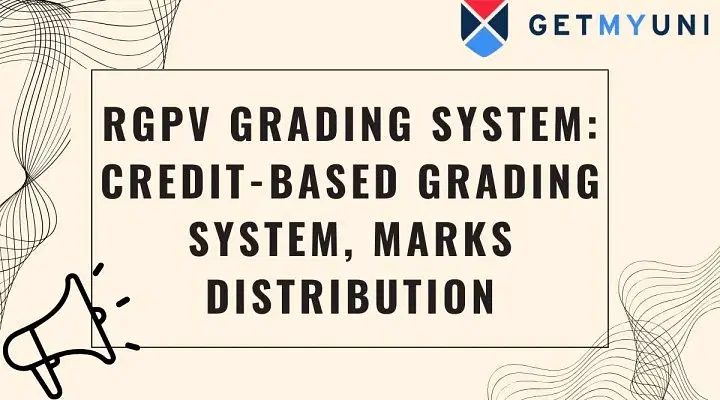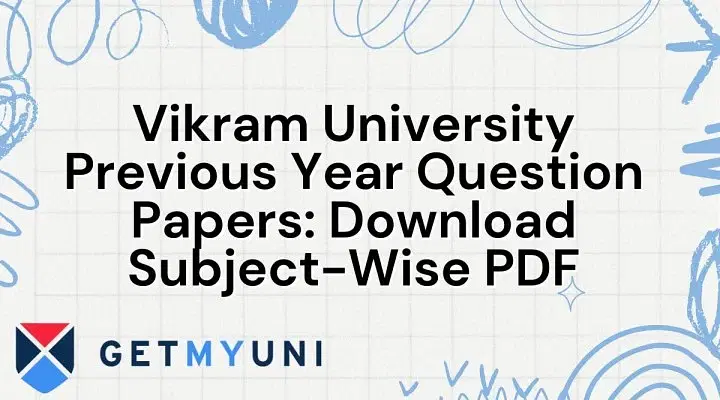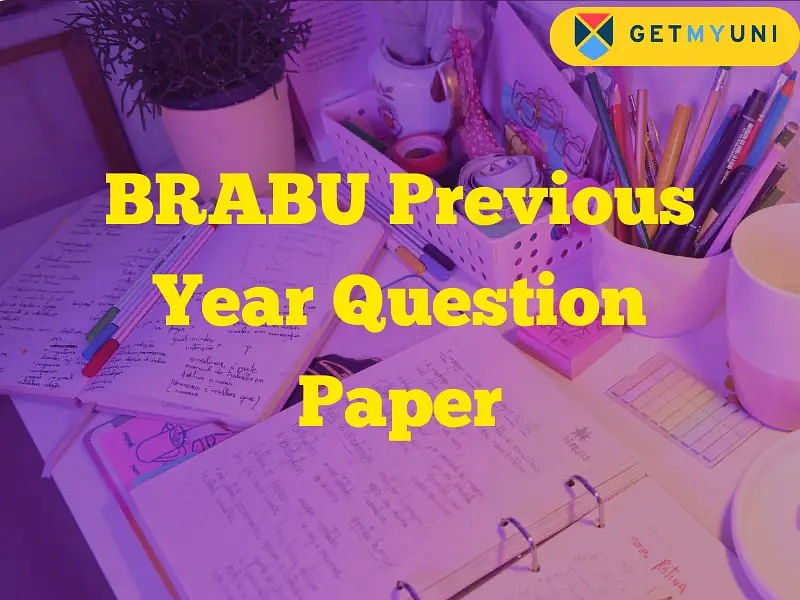How to study smart for the exam in less time? The key to smart study is proper time management, setting up a timetable, and many more tips to make your study time easy.
To score good marks in the exam, students don't have to study for long hours. Instead, students must plan their preparation and stick to it. So, how to study smart for an exam in less time? Students who are good scorers follow some techniques. They all follow some smart study tips. Every student has their strategy or tips to follow, but being good in studies also depends on grasping the concept. Students should not take a lot of pressure while studying or compete with other students' study schedules.
Top 10 Tips to Study Smartly for Exams
Studying effectively for exams is an art as well as science. While some students are naturally good at retaining information, others use devices and tricks to help them ace the test every time. It doesn't have to be so difficult and painful. It is not essential that if a trick works for someone, it will work for you.
Below are the ten proven tips to study smart, not hard. Students can plan their preparation with the help of the points mentioned below.
- Building an Understanding
- Never Miss a Class
- Adapting the Holistic Way
- Aim to Teach It
- Practice with Tests
- Find Patterns
- Sleep Well and Exercise
- Write Flash Cards
- Learning is in Your Head
- Don’t Force Yourself
Building an Understanding
Learning is an interaction like building a house. You're not taking care of the total picture. Instead, you tune into addresses, read course books, and take precise notes to understand a subject.
Most learning techniques fall into two fundamental sorts:
- Remembrance: Instead of building anything, you gaze at every block for a few minutes attempting to record its position.
- Equations: This is identical to being visually impaired, bobbling around a new house. You can't see the actual structure, yet you figure out how to think of straightforward guidelines to try not to stroll into dividers.
Never Miss a Class
The key to smart study is never to miss a class. Instead, after each lecture, review the notes quickly and often read through your notes. Also, organize the notes visually, like the key points of a class or subject as a diagram (use mind-map, flow chart, or colour coding key elements).
Adapting the Holistic Way
The elective system is to zero in on really utilizing the knowledge you need to construct something. It includes connecting ideas and compacting data, so it fits in the master plan.
Here are a few ideas to begin:
Utilize all Your Senses
Complex ideas are hard to remember because they are far removed from our abilities. So, create distinctive pictures, viewpoints, and images that relate concepts together. For example, when I figured out how to determine a grid, I recollected the example by envisioning my hands travelling through the numbers, one adding and one taking away.
Leave No Islands
When you read through a coursebook, each piece of information interfaces with something different, you have learned. So study comparatively.
Aim to Teach it
Another effective way to absorb the information more logically is to teach it to someone. In this way, you are merely studying for yourselves again.
A US study records showed that the effectiveness of peer tutoring on academics is an achievement. As per their records, students involved in peer learning scored significantly higher on their tests than those who had not.
Practice with Tests
Practice tests are the best ways to see where you might need to focus. However, there are some great exam paper templates one can find to help with the structure. After completing a chapter or unit, create an exam template with someone's help. Then, after the exams, if you find a question tricky in answering, note it and test later for a challenge.
Find Patterns
Look for a pattern in your study. The study gets simpler to coordinate on the off chance that you can recognize more extensive examples that are comparative across various subjects, how a neuron fire has likenesses to "if" articulations in programming dialects.
Sleep Well and Exercise
The most effective tip for studying smart is to have a proper sleep and good health. You will find yourself understanding concepts better when you're alert, well-rested, and even better after exercise.
It's important to stay hydrated and get up to move in between the 30-minute sessions.
Write Flash Cards
Creating flashcards for the study is an excellent method, especially to ace vocabulary. When you find some new information, write it down and read it frequently. So it means start writing the essentials on flashcards. An excellent system to use is the Leitner flashcard system, which utilizes spaced repetition and increasing intervals.
Learning is in Your Head
Having delightful notes and an impeccably featured course book doesn't make any difference if you don't comprehend its data. Your solitary objective is to understand the concept to stay with you for tasks, tests, and life. Try not to be hesitant to get untidy when scribbling out ideas on paper and associating them in your mind. Use notes and books as a mechanism for adapting instead of a final product.
Don't Force Yourself
Don't invest a lot of energy in concentrating before tests. Forcing studying during the last minute of an exam is unimaginably wasteful. Instead, students can attempt to revise topics or concepts before the exam can turn into a quick recap instead of a first effort to learn.










